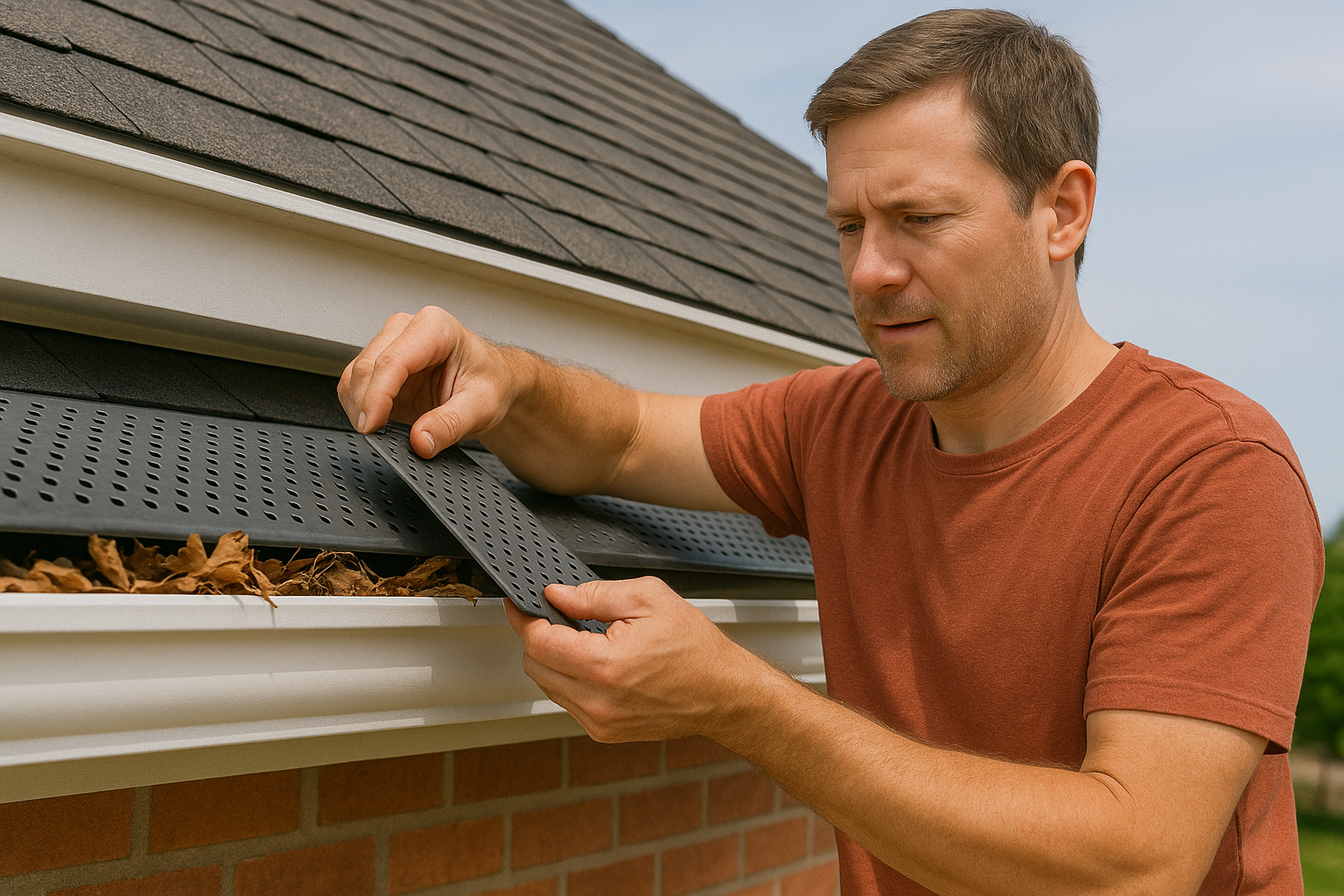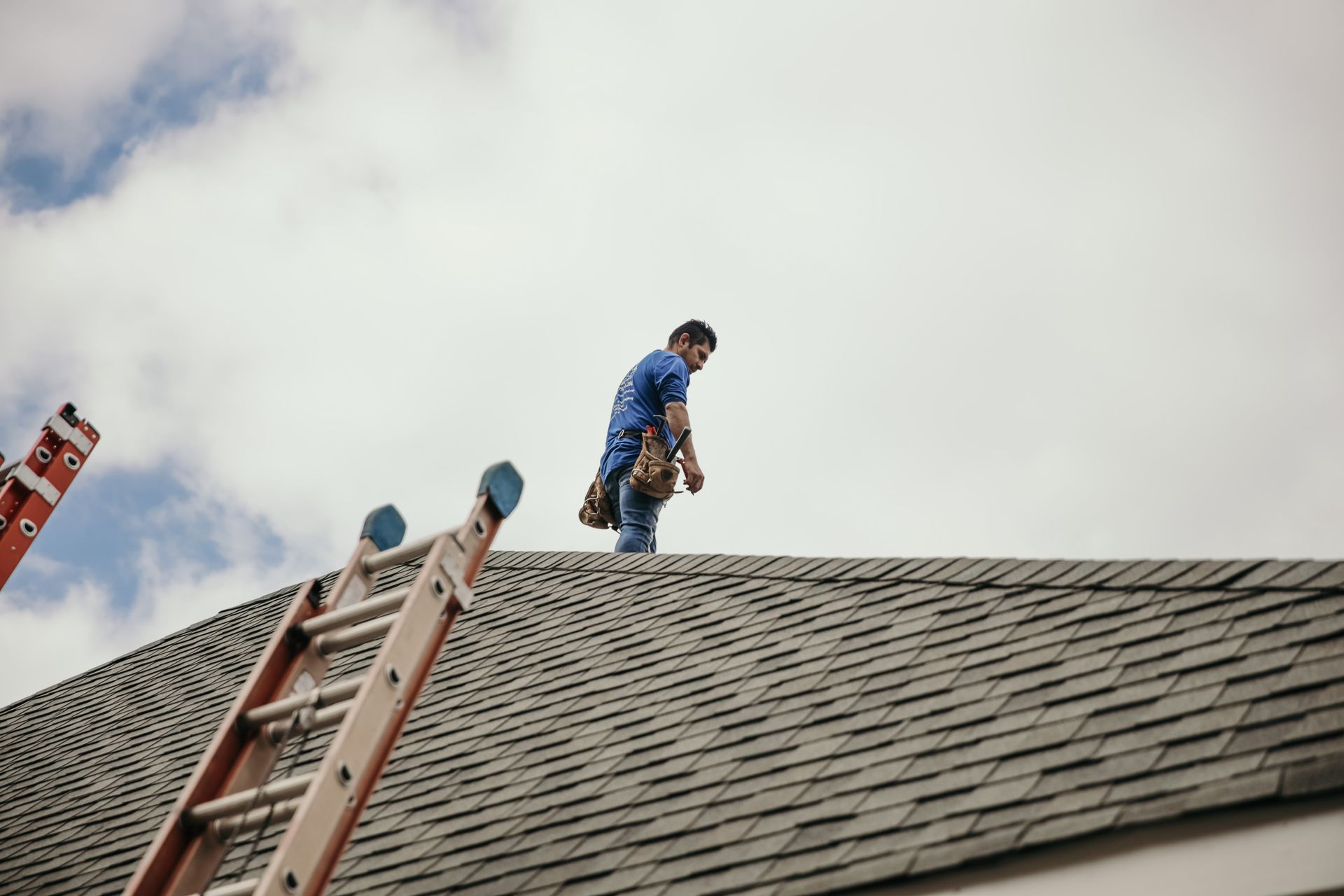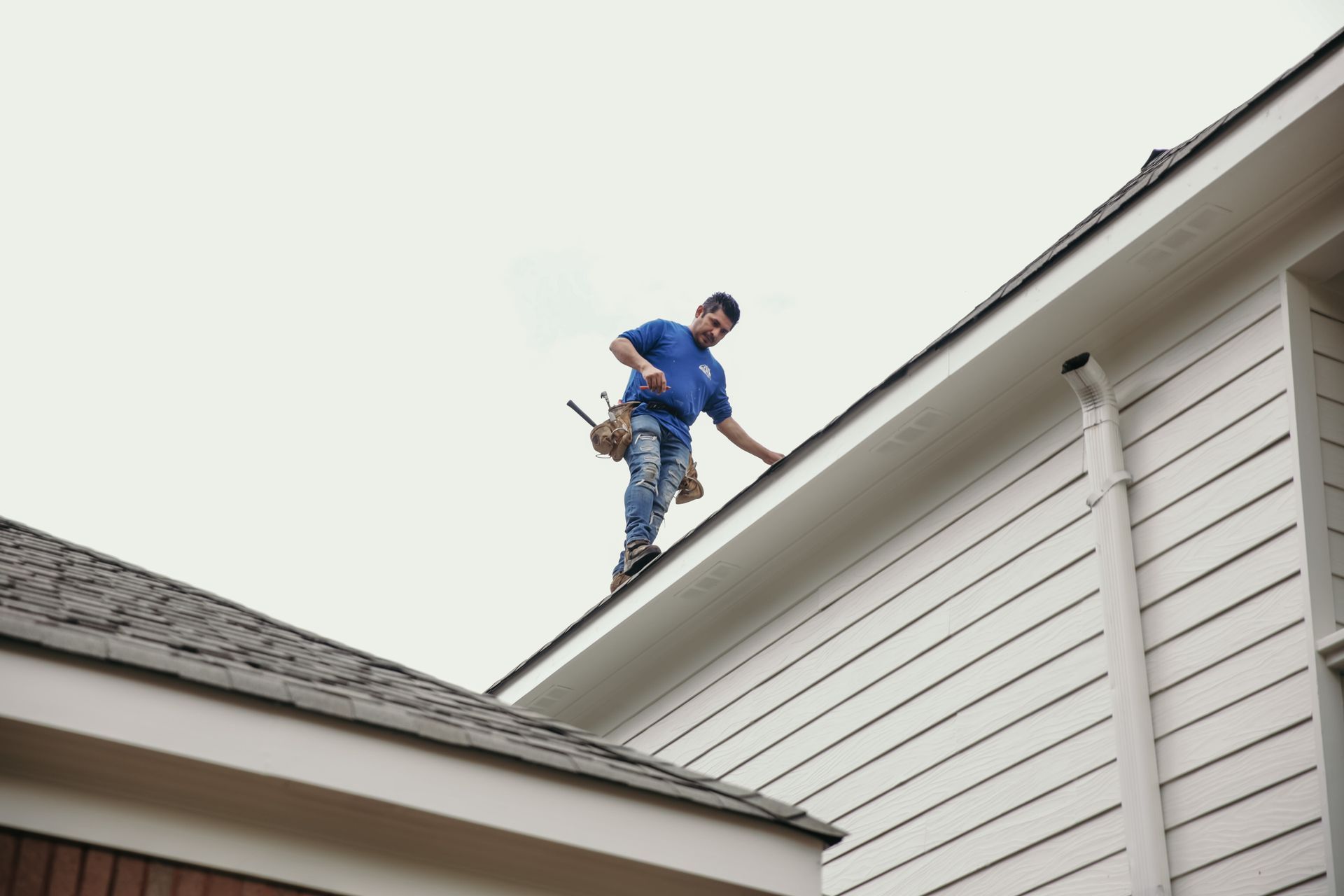Why Do Houses Have Gutters? Discover the Real Purpose Behind This Overlooked Feature
Ever wondered, "Why do houses have gutters?" You're not alone. Gutters are often taken for granted—until something goes wrong. In this guide, we break down the actual purpose of gutters, why gutters are necessary in most homes, and how they play a critical role in protecting your property from water damage. Whether you’re considering installing new gutters or evaluating your existing gutter system, you’ll find everything you need to make smart home improvement decisions.
Key Takeaways
- Gutters are essential for protecting the foundation of your home by directing rainwater away efficiently.
- Even if your home has natural slopes or overhangs, gutters may still be necessary to manage runoff during heavy storms.
- A well-installed gutter system prevents soil erosion, siding damage, and water damage inside your home.
- Material matters—copper gutters, seamless gutters, and K-style gutters each offer different benefits for durability, aesthetics, and performance.
- Regular gutter cleaning and optional gutter guards help prevent clogs, overflow, and standing water issues.
- Watch for signs of trouble: rust, sagging, peeling paint, or water stains can indicate that your gutters need repair or replacement.
- Not all homes require gutters, but most will benefit from gutters, especially in regions with frequent rain.
- Choosing the best gutter system involves considering your climate, roof structure, and home improvement goals.
Understanding the Purpose of Gutters
What Do Gutters Actually Do?
The primary purpose of gutters is to collect rainwater that flows off the roof of your home and divert it away from the house. This helps prevent water damage to siding, windows, doors, and most importantly, the foundation of your home.
Why Gutters Are a Must-Have
Gutters are essential in climates with frequent rainfall or snow. Without them, homes are left vulnerable to erosion, mold, and water pooling. A proper gutter system can protect your home from water infiltration, maintaining both its structure and appearance.
How Gutters Protect Your Home
From Roof to Foundation
Gutters direct rainwater away from sensitive areas like the fascia, siding, and base of your home. This keeps your attic, walls, and basement dry and reduces long-term structural issues.
Preventing Erosion and Soil Displacement
When rainwater pours directly off the roof, it hits the ground with force, washing away soil and displacing mulch or plants. Gutters minimize this by dispersing water evenly, limiting soil erosion.
Types of Gutters and Their Benefits
K-Style vs. Half-Round vs. Seamless
K-style gutters are the most common, offering capacity and durability. Half-round gutters provide a traditional look but handle less water. Seamless gutters reduce leaks and require less maintenance.
Copper Gutters and Other Premium Options
Copper gutters are both aesthetic and functional. They resist corrosion and last for decades. While they come at a higher cost, their long-term value makes them a strong contender for many homes.
Do All Homes Need Gutters?
Climate and Architecture Matter
Not every home requires gutters. Houses in desert regions or with steeply sloped roofs may be less likely to need traditional gutter systems. However, most homes in humid or temperate areas benefit significantly.
When Gutters May Not Be Necessary
Homes with deep overhangs or natural drainage features may function without gutters. But this is rare and often requires additional landscaping solutions to manage rainwater.
Key Benefits of Having Gutters
Safeguarding the Foundation
By moving water away from your home, gutters prevent saturation of the soil around the foundation, which helps prevent cracks and shifting.
Preserving the Aesthetics of Your Home
Without gutters, water can leave unsightly stains, peel paint, and warp the exterior, ruining the aesthetics of your home.
Reducing Home Maintenance Costs
Redirecting rainwater away means less moisture accumulation. This minimizes damage to siding, fascia boards, and even landscaping.
Gutter Installation and Setup
What to Expect During Installation
A gutter installation includes measuring, cutting, and mounting gutters with a slight slope for effective flow. Downspouts are added to move water safely away from your home.
DIY or Professional?
While you can install gutters yourself, improper slope or poor anchoring can cause clogs and leaks. A quality gutter system installed by pros often pays off in long-term performance.
Maintenance and Upkeep
Cleaning and Inspections
Leaves and debris block the flow and cause backups. Regular gutter cleaning is essential. A gutter guard can reduce buildup and extend your system’s lifespan.
Signs Your Gutters May Be Failing
Look for rust, peeling paint, cracks, or sagging. These are all indicators that your gutters may be beyond repair and due for replacement.
Common Gutter Problems and Solutions
Clogging and Overflow
Clogs force water to spill over the sides, leading to erosion and water stains. Regular cleaning or installing a gutter guard helps prevent this.
Sagging or Pulling Away
If gutters detach from the fascia or sag in the middle, water can’t flow properly. This leads to standing water and potential water damage to your home.
Choosing the Best Gutter System for Your Home
Matching Your Climate and Structure
Gutters for your home should suit your roof pitch, climate, and local rainfall intensity. For heavy rain zones, wide seamless gutters with reinforced gutter guards are a smart choice.
Material and Cost Considerations
From aluminum to copper gutters, the material affects lifespan, cost, and maintenance needs. Consult with a gutter professional to find your ideal setup.
Are Gutters Really Necessary?
Debunking the Myths
Some believe gutters may not be necessary if their home has good landscaping or soil drainage. But even slight miscalculations can lead to long-term problems.
Why Gutters Are a Core Part of Home Defense
Gutters are crucial for preventing thousands of dollars in repairs. They silently do the job of directing rainwater away from your house, keeping the entire structure dry and sound.
Frequently Asked Questions
Do all homes really need gutters?
Not all, but most do. Gutters are necessary in areas with regular rainfall to protect your home from structural water damage and soil erosion.
Can I get by without gutters if my roof slopes away from the house?
Sometimes, but it depends on how water is managed away from your house. Without proper drainage, even sloped roofs can cause foundation problems or erosion.
What happens if I don't clean my gutters?
Clogged gutters lead to overflow, standing water, and water damage to the siding and foundation of your home. It also increases the chance of mold and insect issues.
Are seamless gutters worth the investment?
Yes. Seamless gutters are more efficient, leak-resistant, and lower maintenance than traditional sectional systems.
What's the difference between K-style and half-round gutters?
K-style gutters hold more water and are better for heavy rains, while half-round gutters offer classic style but may not perform as well in extreme weather.
How often should I inspect or maintain my gutter system?
Ideally, twice a year—spring and fall. Consider gutter guards to reduce debris buildup and extend the system's life.
Final Thoughts
Gutters might not be flashy, but they’re a frontline defense against hidden and costly problems. Whether you're battling rainwater, shielding your foundation, or just trying to boost your home improvement game, a solid gutter system makes all the difference. From the aesthetics of your home to its structural core, gutters quietly handle the messy work—so you don’t have to.
Want professional help figuring out the best gutter solution for your home? At Gutters 4 Less, we specialize in affordable, durable, and expertly installed systems. Call us at (678) 883-7649 or visit gutters4lessga.com to get started.





